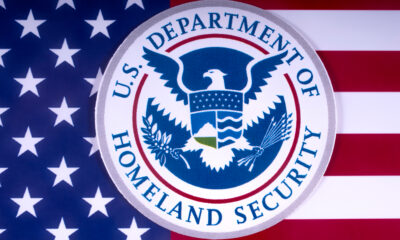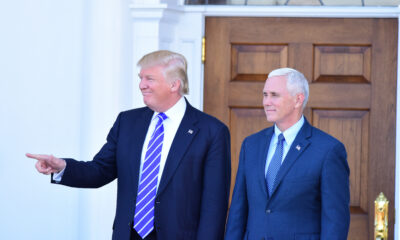Leaders for Peace – HERE They Come!

European leaders assembled in Kyiv to demand Russia accept a 30-day ceasefire in Ukraine starting Monday, backed by threats of massive sanctions if Putin refuses the ultimatum.
At a Glance
- European leaders from France, Germany, UK, and Poland have called for an unconditional 30-day ceasefire in Ukraine
- The proposal has support from President Trump, who initially suggested the idea
- Russia faces “massive sanctions” targeting energy and banking sectors if it rejects the ceasefire
- The truce would cover land, sea, and air operations with U.S.-led monitoring
- Russia demands withdrawal of Western military aid before any ceasefire, which Ukraine firmly rejects
European Leaders Present United Front in Kyiv
In a powerful display of solidarity, leaders from France, Germany, the United Kingdom, and Poland gathered in Kyiv to press Russia for an unconditional 30-day ceasefire. The high-profile diplomatic push marks the first joint appearance of these European powers in Ukraine since the conflict began. Their visit stands as a deliberate counterpoint to previous meetings between world leaders and Russian President Vladimir Putin in Moscow, highlighting Europe’s commitment to Ukraine’s sovereignty and territorial integrity.
The leaders attended a ceremony marking the 80th anniversary of World War II’s end and paid respects at a memorial honoring Ukraine’s war dead in central Kyiv. The timing and location of this gathering send a clear message about where European powers stand in this conflict. Additional participants joined virtually, including representatives from Italy, Canada, NATO leadership, and the European Commission, forming what Polish Prime Minister Donald Tusk described as a “coalition of the willing.”
Ceasefire Proposal Details and Enforcement
The proposed ceasefire would begin on Monday and encompass all military operations – ground, naval, and aerial. Ukrainian President Volodymyr Zelenskyy emphasized that the truce must be comprehensive and free from preconditions that could extend the conflict. The United States would lead monitoring efforts to ensure compliance, with European nations providing support. French President Emmanuel Macron outlined that violations would trigger coordinated sanctions prepared jointly by European nations and the United States.
“The ceasefire must be comprehensive: in the air, at sea and on land,” said Ukrainian President Volodymyr Zelenskyy.
Despite the ceasefire push, reports continue of Russian attacks throughout Ukraine, resulting in civilian casualties and property damage. The U.S. Embassy in Kyiv has issued warnings about possible Russian air attacks, connected to a reported flight ban over a Russian military complex. These ongoing hostilities underscore the urgency of the ceasefire proposal while highlighting the significant challenges facing its implementation.
Economic Pressure and Security Guarantees
The European coalition has threatened Russia with “massive sanctions” if it refuses to accept the ceasefire terms. These measures would primarily target Russia’s energy sector and banking system, potentially cutting deeper than previous economic restrictions. The ceasefire initiative isn’t merely aimed at temporarily halting hostilities but represents a first step toward Ukraine’s economic recovery and the reunification of families separated by the conflict.
“All of us here, together with the U.S., are calling Putin out,” said British Prime Minister Keir Starmer.
European leaders are also working to reinforce any peace agreement with security guarantees for Ukraine, possibly including the deployment of troops to Ukrainian territory. German Chancellor Friedrich Merz condemned the war as a clear violation of international law and an act of Russian aggression. The proposal has received support from U.S. President Donald Trump, who reportedly initiated the 30-day ceasefire concept as a framework for longer-term peace negotiations.
Russia’s Position and Response
Russia has responded coolly to the European demands, insisting that any ceasefire must be preceded by the withdrawal of Western military aid to Ukraine. Moscow continues to demand that Ukraine surrender portions of its eastern and southern regions, terms that Kyiv categorically rejects. Russian officials have characterized European statements as “confrontational” rather than constructive, suggesting limited immediate prospects for agreement.
“We hear many contradictory statements from Europe. They are generally confrontational in nature rather than aimed at trying to revive our relations. Nothing more,”, said Kremlin spokesman Dmitry Peskov.
The Kremlin’s positioning places responsibility for continued conflict on Ukraine and its Western backers, while European leaders frame Russia as the aggressor who must demonstrate genuine commitment to peace. This fundamental disagreement over preconditions represents perhaps the most significant obstacle to implementing even a temporary ceasefire, as neither side appears willing to make initial concessions without guarantees from the other.
























